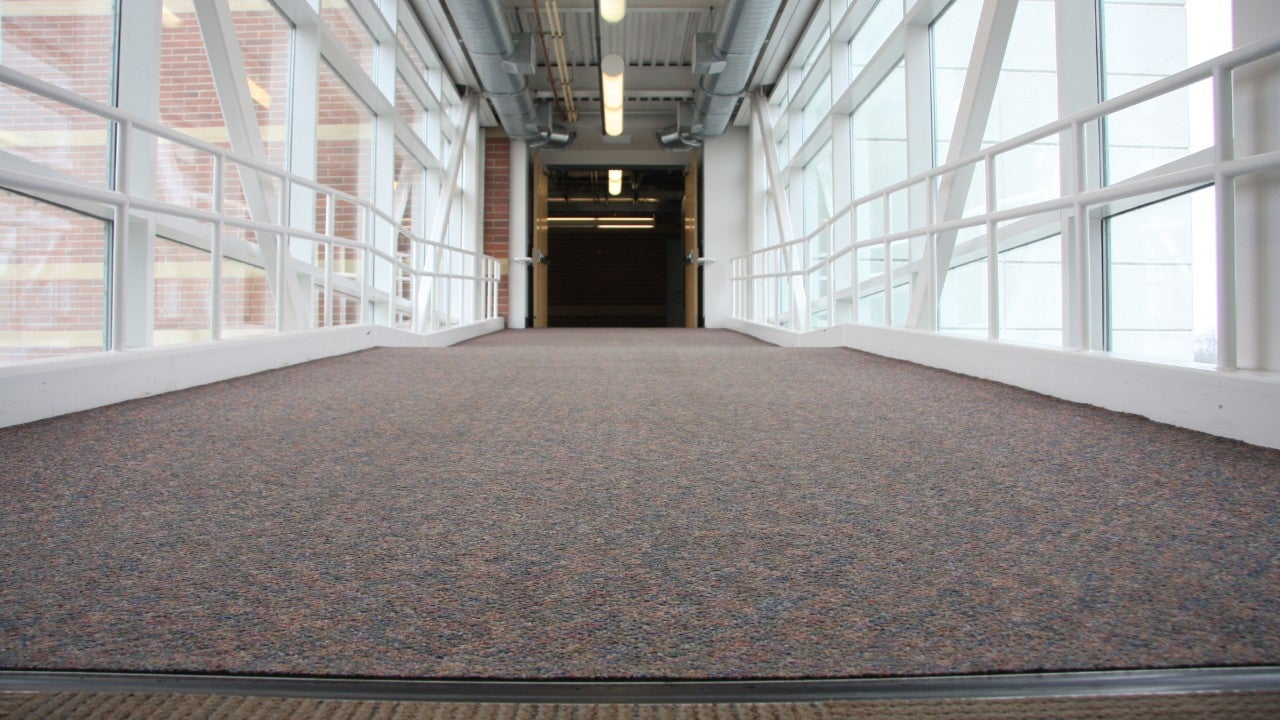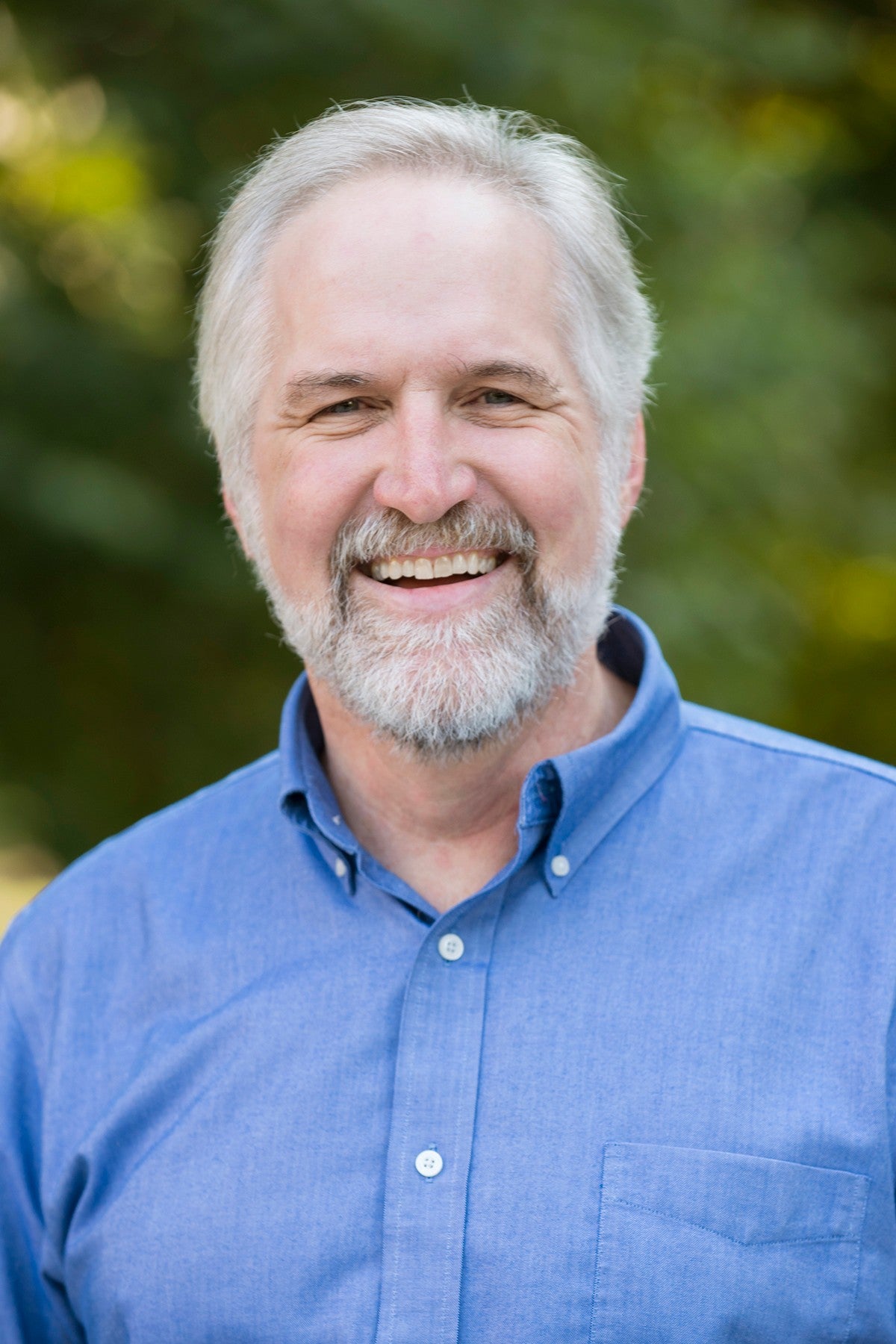
MBE Students:
My apologies for getting this update to you a day late, things are starting to move quickly here.
And my sincere thanks to those of you who took the time to respond to my previous emails. Your responses are thoughtful and help me better understand your needs and desires as we head into the new semester. I have responded to some of you personally and will try to keep up with these as much as I can.
We’re now just over 10 days from the start of the semester. I hope you’re excited to get back to your studies, current circumstances notwithstanding. Here are a few updates:
— I’ve asked the MBE faculty to start reaching out to the students in their individual classes to let you know what to expect in terms of how the class will operate. You should be hearing from us soon if you haven’t already.
— Many of you asked about study spaces and places on campus to engage in remote classes between various face-to-face requirements. I’ve been in contact with the Provost’s office and they’re aware of the problem and we’re hopeful that this concern will be addressed. I’ll make sure we stay on top of this.
But here’s the main thing I wanted to say in this communication. Many of you have told me that ‘I just can’t learn online’, or expressed the opinion that the faculty didn’t take their responsibilities seriously when we pivoted to remote delivery last spring. I want to take this opportunity to tell you that I find both of these points equally distressing and I would like to address each of these.
First, let’s talk about online learning. As I pointed out last week, very little of what you’ll be experiencing is truly ‘on-line’ (which implies asynchronous courses with very little real-time interaction). What you’ll most likely be experiencing is ‘remote learning’ which is what we did last semester. I realize it’s different and not what we’re accustomed to. But I firmly believe, and the academic research backs me up, that these learning experiences can be every bit as effective as traditional approaches. In fact, for some circumstances, remote (and online) learning can offer advantages over traditional face-to-face classrooms. But to realize these benefits, two very important pieces need to be in place. 1) The faculty have to be adequately trained to use the technology effectively. That will require a change in teaching methods from what we’re used to. Particularly for those of us who have been doing this for decades (this is my 34th year!), it’s a real challenge, but it’s one we’re willing to take on if you, the students, come with us. That brings me to the other piece: 2) You, the students, need to show up. Literally and philosophically. It’s not enough to log into zoom, turn off your webcam, and pay attention with half your bandwidth while being distracted with other activities. If this is going to work, you need to treat the remote sessions like you would a classroom. The best place to start is your workspace. If you’re doing this from home, clear off your desk and have only the computer, keyboard, and your notebook on the desk. Close the other apps on your device, close the other browser tabs. Even though you can’t always be physically in the same room with us, if you can “be present” in the virtual sense, we can make this work.
From the faculty standpoint, I’ve been in communication with all our instructors, most of whom have dedicated a good part of their summer preparing for this challenge. We’re going to be trying out new ideas and methods, all designed to keep you engaged and give you the best shot of success. I can’t promise you that it will be perfect, or that there won’t be some bumps along the way, but as long as we keep in mind that we’re all doing this together, I’m confident that we’ll get through it and have a positive experience. If any of your instructors aren’t meeting your expectations, I invite you to discuss this with me. I may not agree with your diagnosis, but I will listen and I will find a way to take your opinion into consideration and address the problems as I think best. If there’s a real problem somewhere, I’d rather not wait until I review the student evaluations in late December.

I will promise you that my ‘door’ is always open. If you’re having problems, if you just need to vent, reach out to me. My weekly schedule is still in flux, but I plan to have regular town hall meetings on zoom, and in person, to field your questions and concerns. And most importantly, if something in one of your courses is simply not working for you, let me know. I want to help.
Stay safe, stay calm, and we’ll get through this!
John Gardner
—
Maintaining an unshakable focus on learning
John F. Gardner, Ph.D., P.E.
Professor and Chair of Mechanical & Biomedical Engineering
Sustainability Governance Council Co-Chair
Director, CAES Energy Efficiency Research Institute
(208) 426-5702